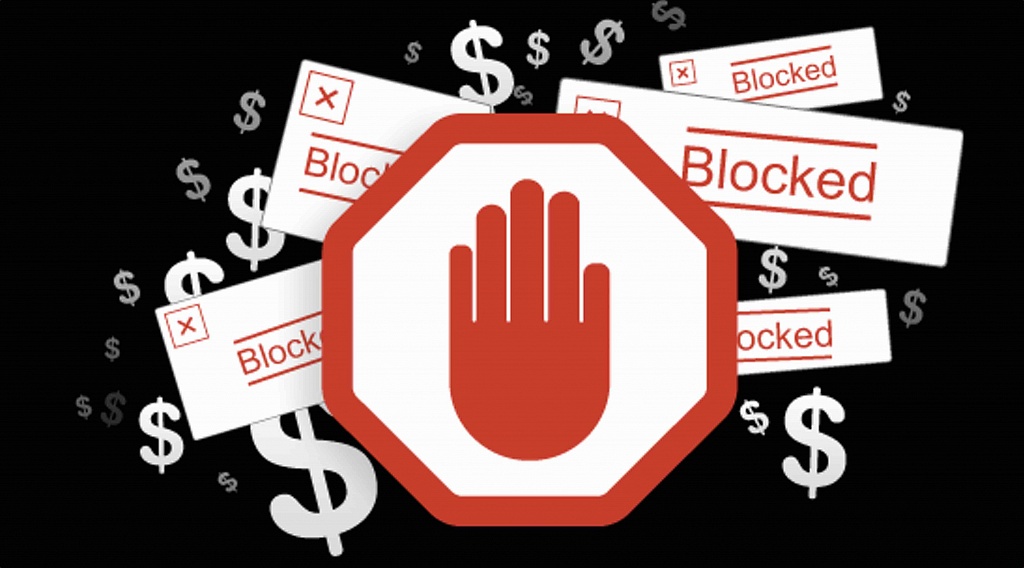Over the past year, users of ad blockers have become 30% more

More and more users are using software to block ads, despite the efforts of Internet giants like Google and Facebook. Now about 11% of Internet users around the world block ads. This is the owner of more than 600 million devices - both mobile devices (their share is 62%) and for PCs.
According to the new report of PageFair, published on Wednesday, January 31, for 2016, the number of users of ad blockers increased by 30%. However, this growth can bring problems not only to advertisers, but also to users.
Some advertisers believe that a citizen applying blocking violates an unwritten agreement with website owners and publishers who previously posted their materials for a certain number of ad views.
')
Meanwhile, according to PageFair, 77% of blocker users, in principle, do not mind viewing a small amount of advertising.
In August, Facebook hit the Adblock Plus service. The social network has changed advertising formats so that this and similar extensions could not identify ads among other content.
On the further course of events told Ben Williams, Operations Director of Adblock Plus service:
- On August 11, we told users how to add a special code to the EasyList basic filter list and block ads on the social network.
- Almost immediately, the Facebook developers wrote their code, which bypassed the action of our solution.
- A few days later we automatically added our code to everyone who has our extension installed, so that they don’t have to prescribe it in the settings ...
- Now the last word remains for Facebook, and there are no guarantees that the social network will not decide again to adjust the advertising policy or not to write a new code.
Attempts by Facebook to impose its game led to the growth of blockers and the development of their “combat arsenal”.
Some IT companies misinterpreted the situation with Facebook and tried to create their own codes and extensions that interfere with the work of blockers, complains Ben Williams.
Such technologies, for example, can in real time create new pseudonyms for the ad server, so that the proxy server can skip ads without any obstacles. But as soon as the blocker detects fraud, the domain name is updated.
“I’m not getting tired of repeating that we don’t want to block all Internet advertising, in principle, we are against low-quality ads that mislead the user,” concludes Williams.
“The blocking certainly damages the advertisers ecosystem. But the best way to solve this problem is to make ads that the user doesn’t want to block, ”argues Paul Verna, an analyst at research company eMarketer.
Source: https://habr.com/ru/post/320968/
All Articles